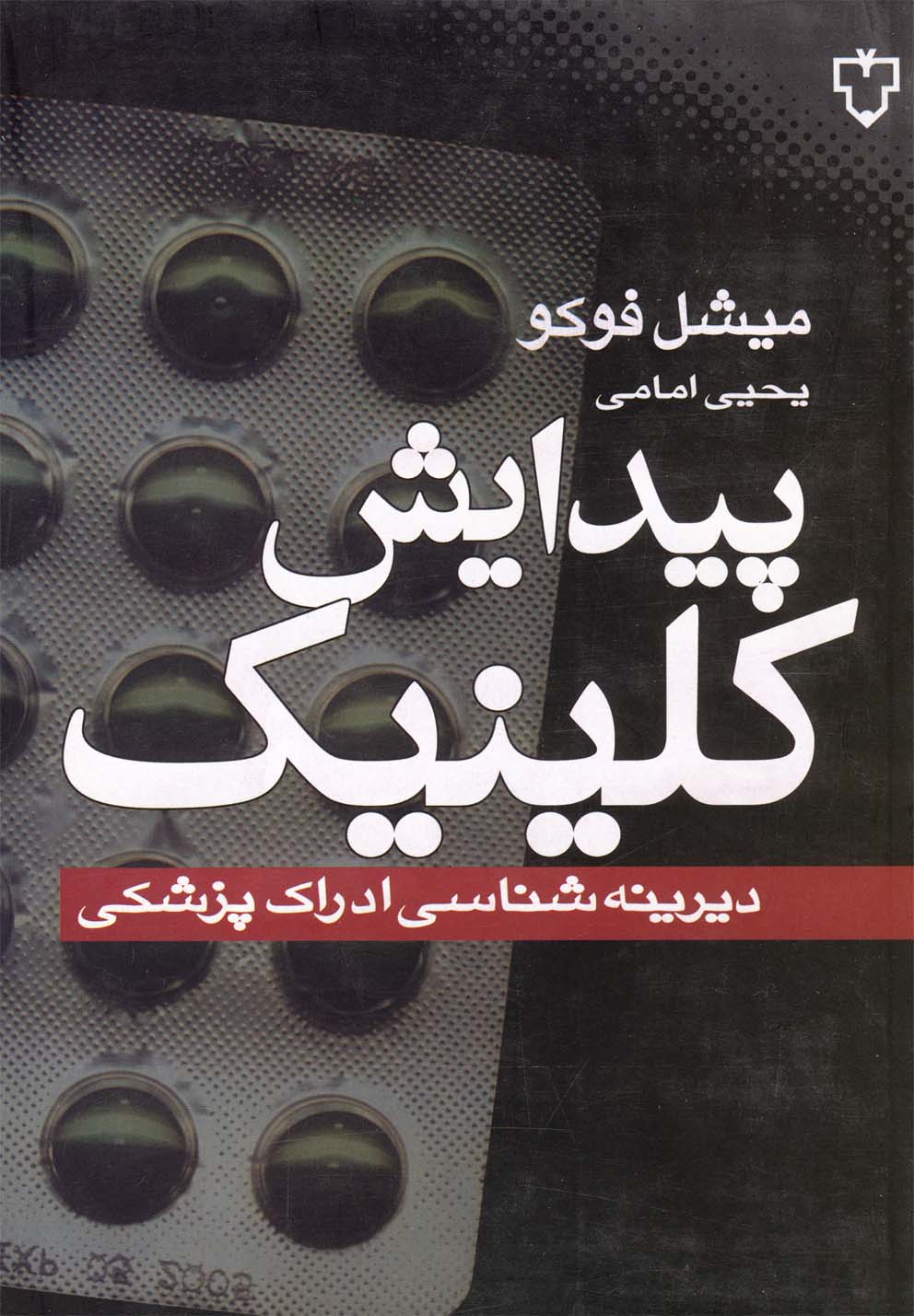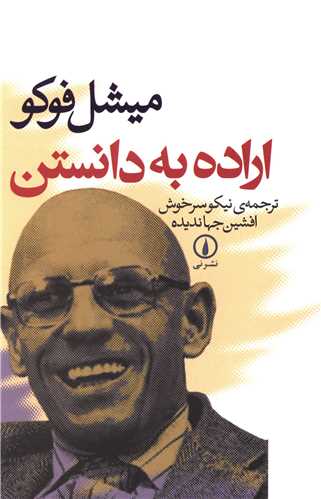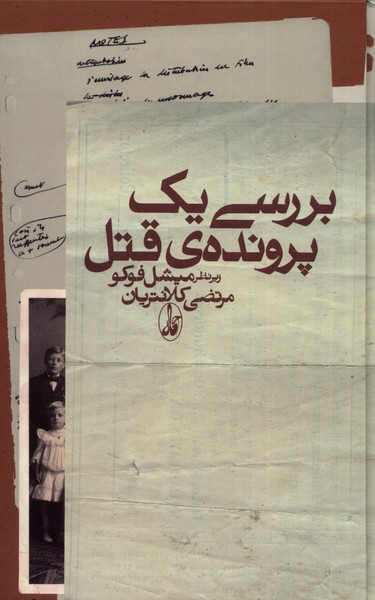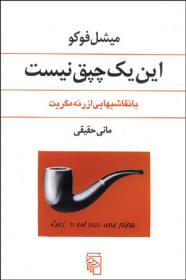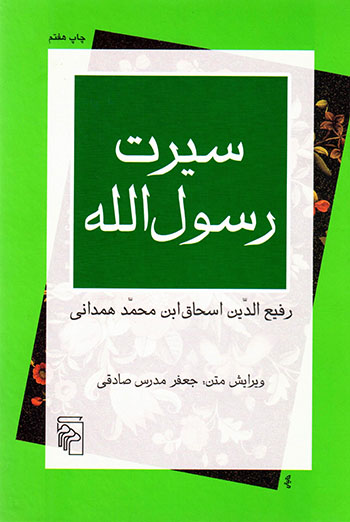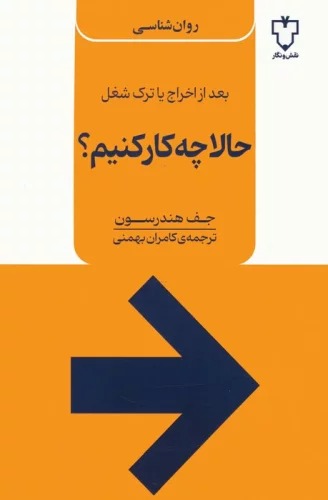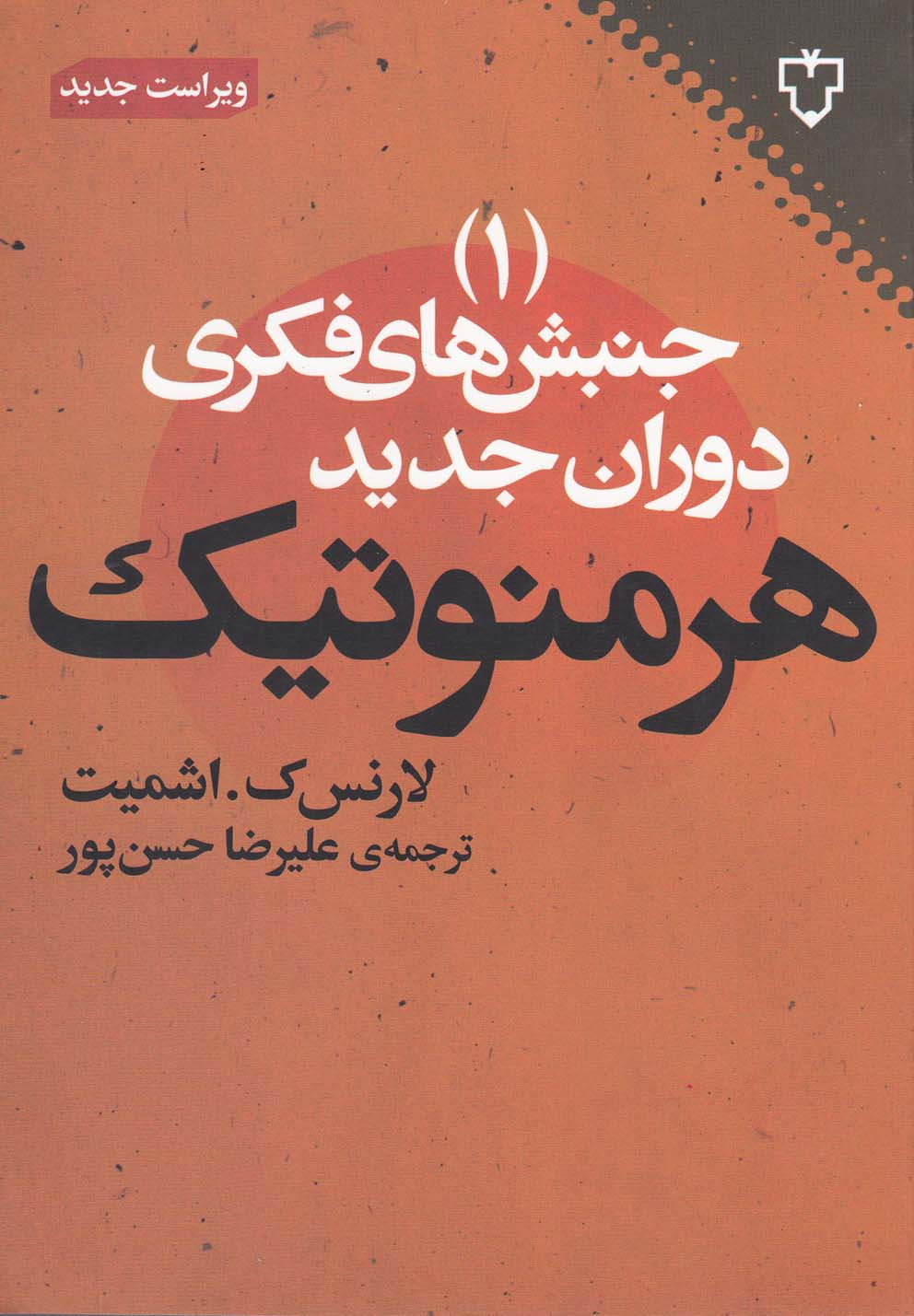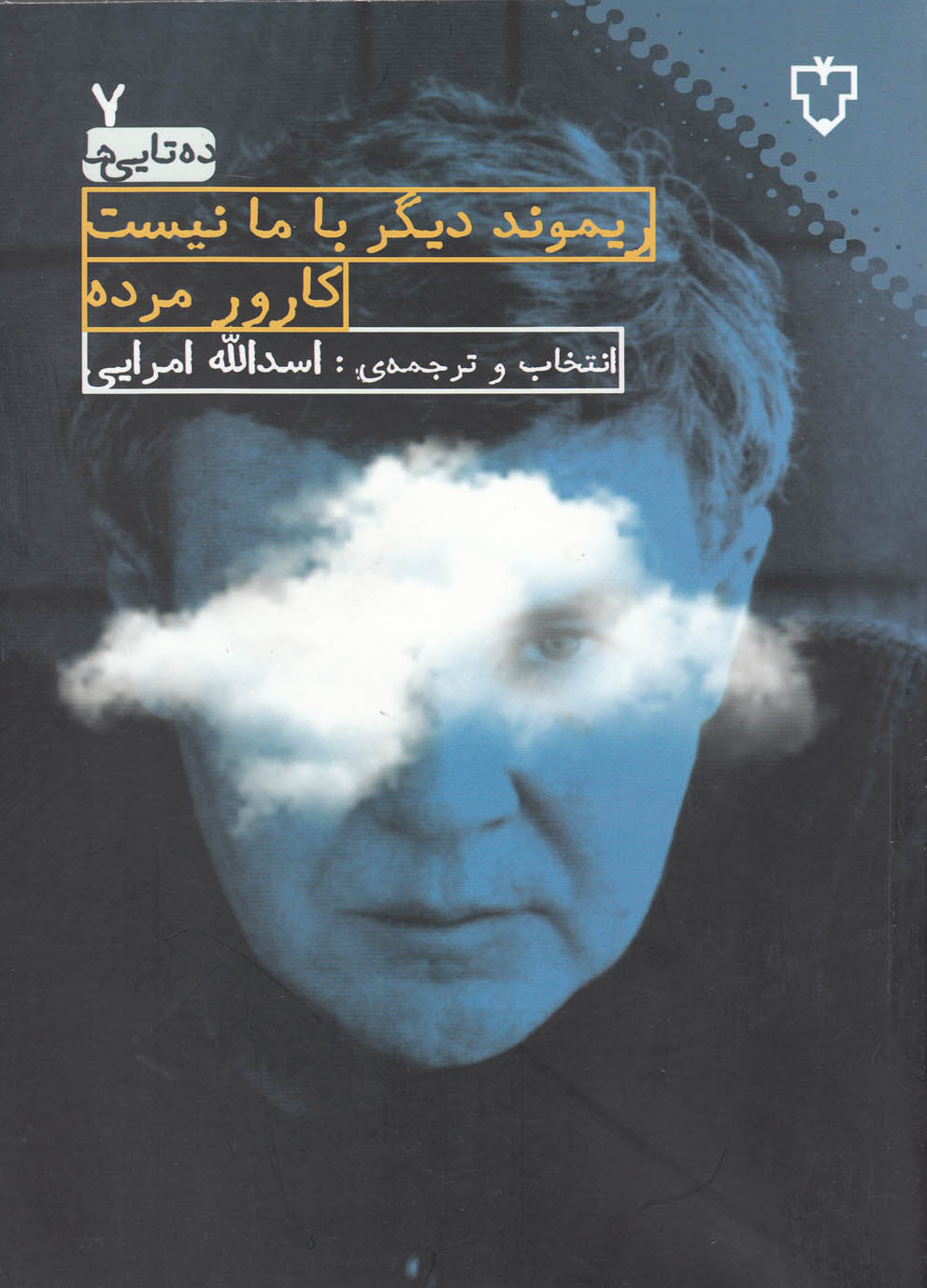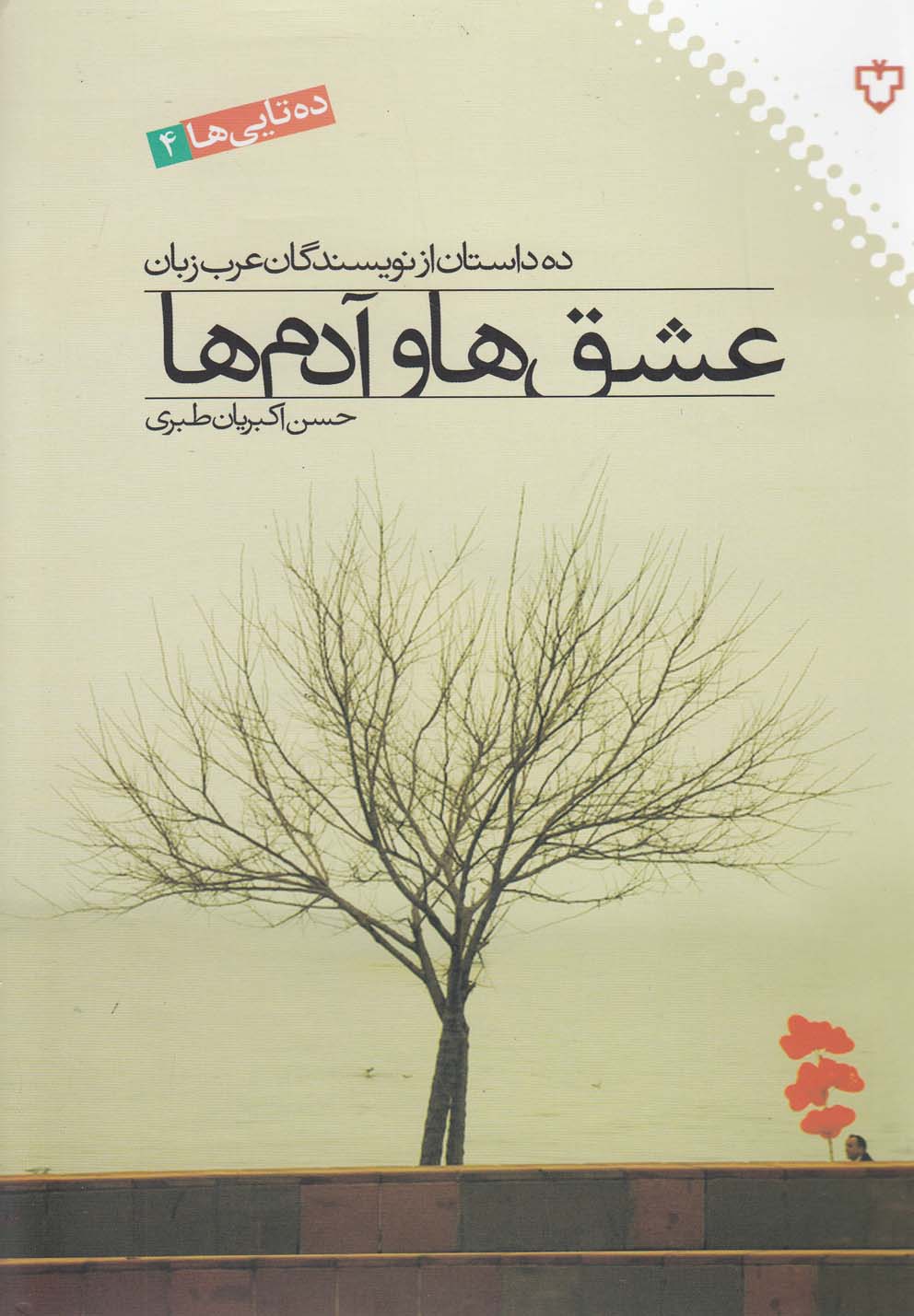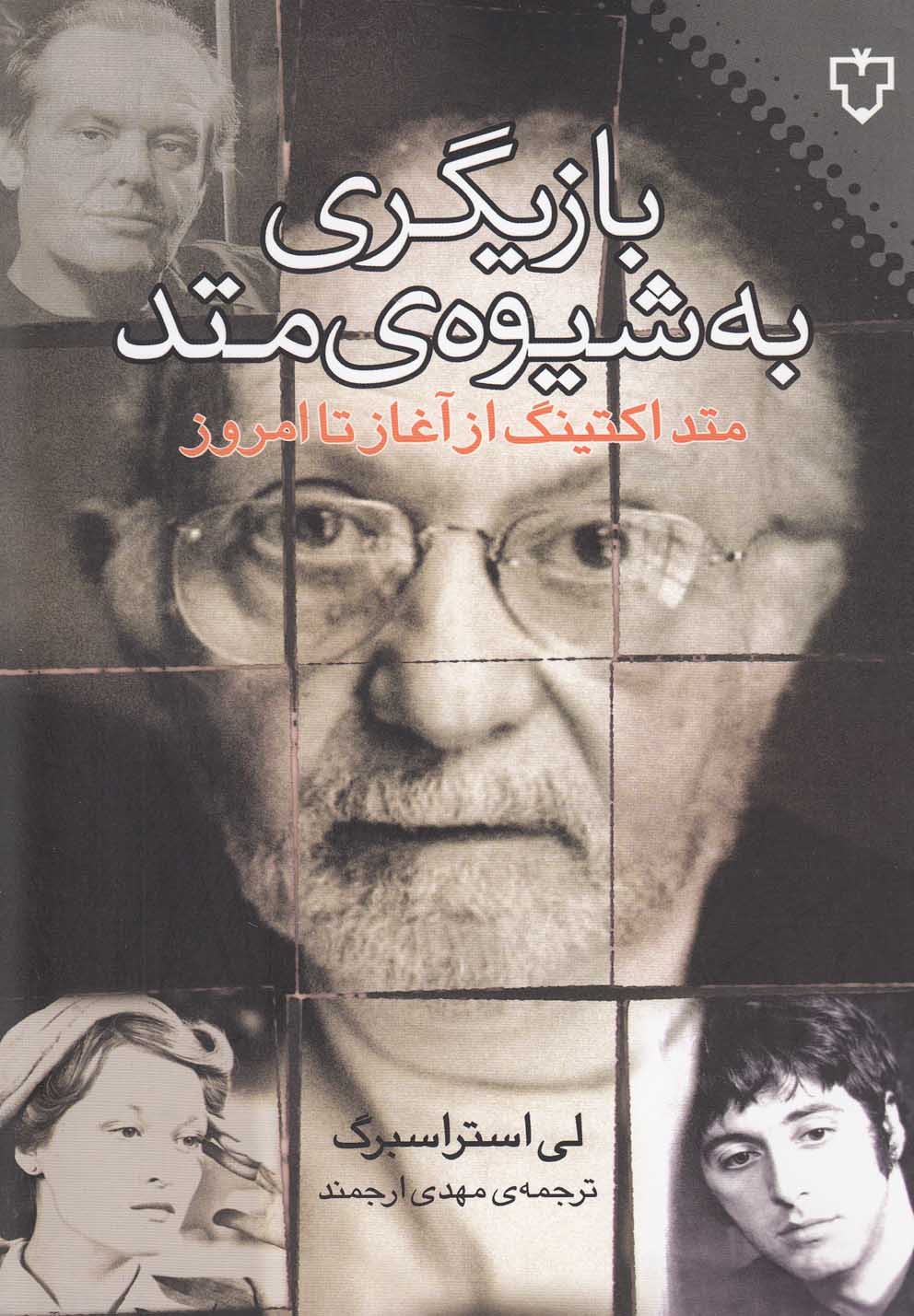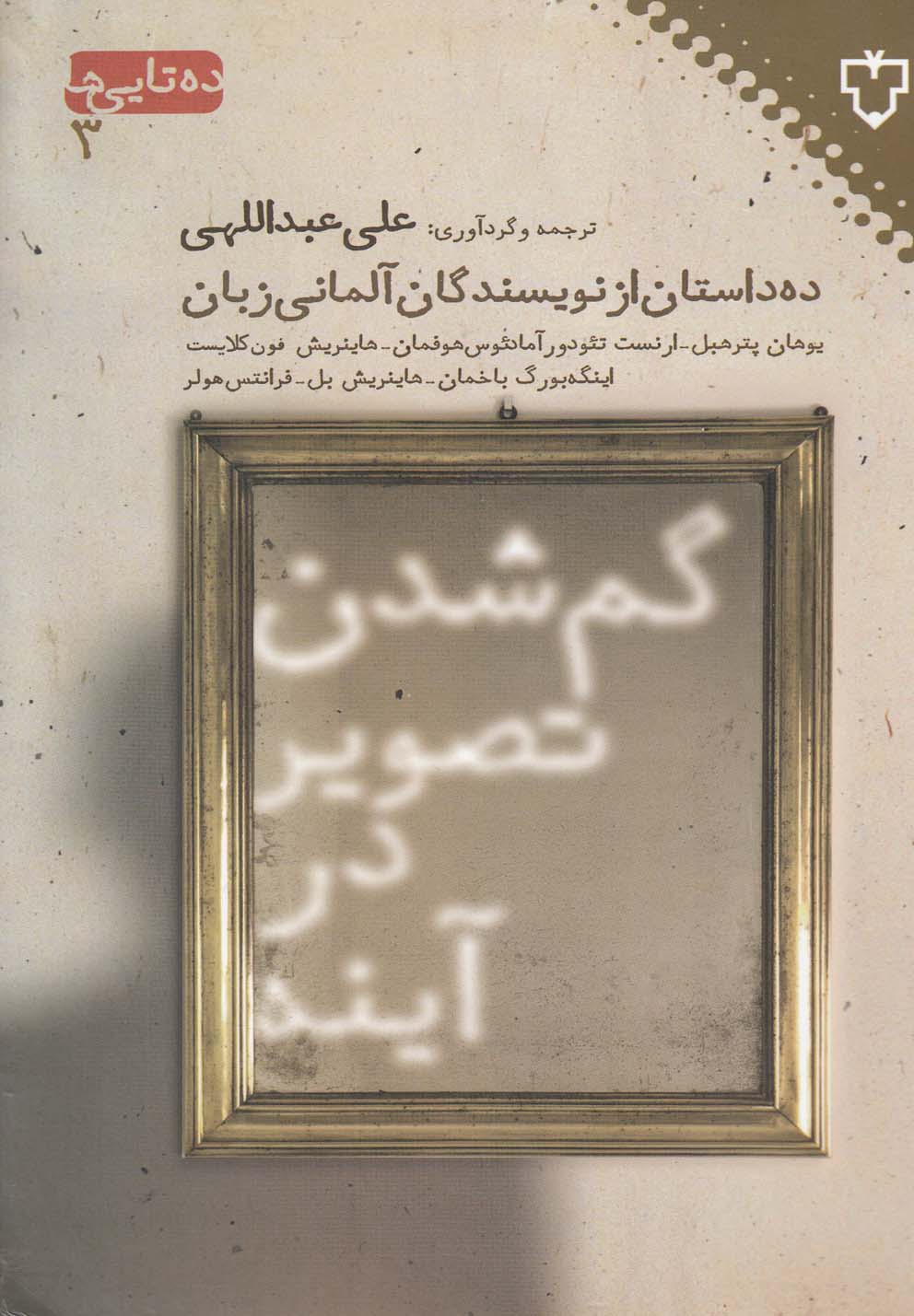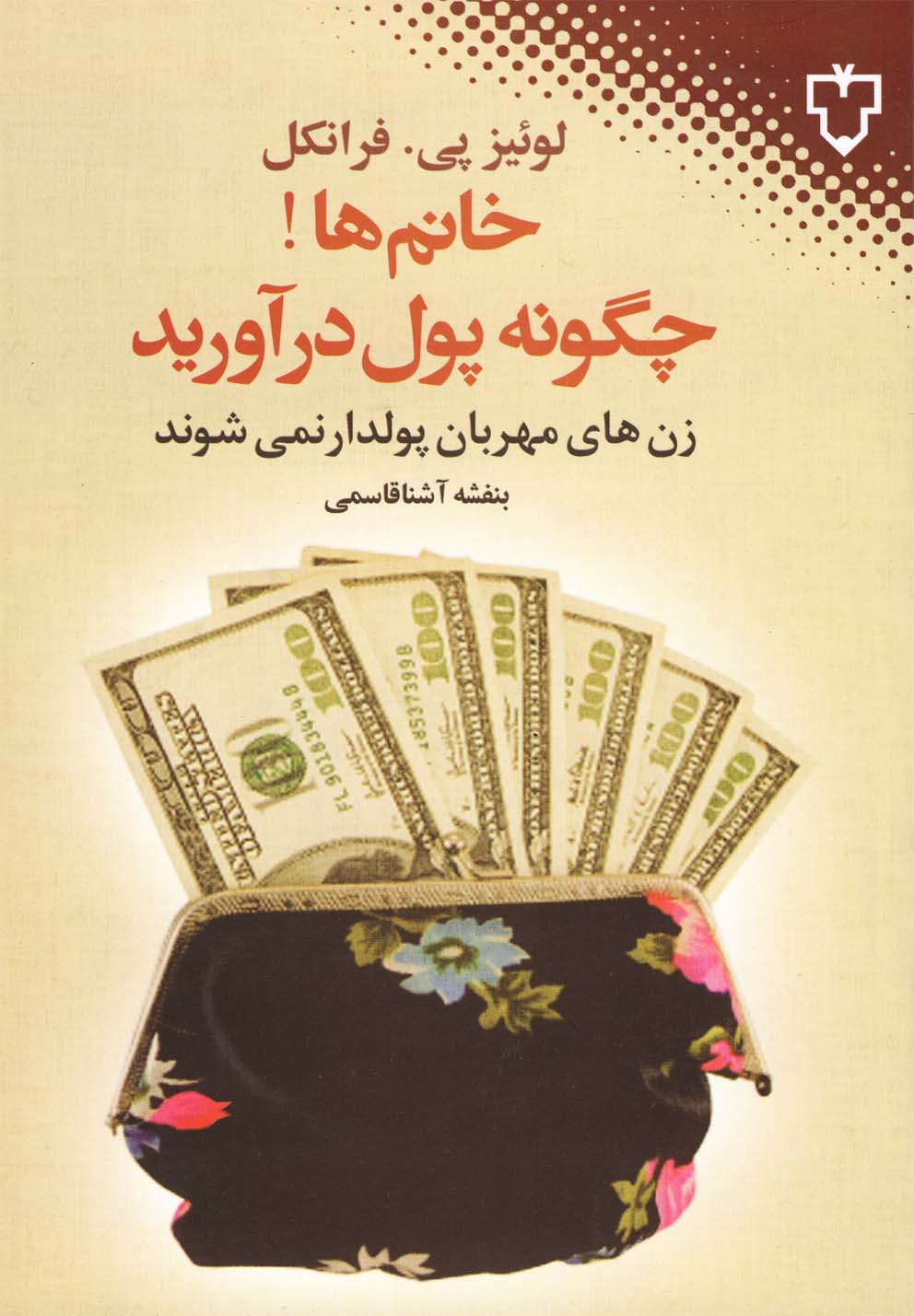Paydayish-i Kilinik: Persian 2021
پیدایش کلینیک
17.51 $
Share
Wishlist
ISBN:
9789647002011
Translator:
Yahyá Imāmī
Publisher:
Naqsh va Nigar
Age Group:
Adult
Pages:
336
Weight:
370 g
Dimensions:
14 x 21 x 3 cm
Book Cover:
Paperback
In the eighteenth century, medicine underwent a mutation. For the first time, medical knowledge took on a precision that had formerly belonged only to mathematics. The body became something that could be mapped. Disease became subject to new rules of classification. Doctors begin to describe phenomena that for centuries had remained below the threshold of the visible and expressible.
In The Birth of the Clinic the philosopher and intellectual historian who may be the true heir to Nietzsche charts this dramatic transformation of medical knowledge. As in his classic Madness and Civilization, Michel Foucault shows how much what we think of as pure science owes to social and cultural attitudes — in this case, to the climate of the French Revolution. Brilliant, provocative, and omnivorously learned, his book sheds new light on the origins of our current notions of health and sickness, life and death.
more
کتاب پیدایش کلینیک، اثری نوشته ی میشل فوکو است که اولین بار در سال 1963 انتشار یافت. دانش پزشکی در قرن هجدهم، تحولی اساسی را تجربه کرد. برای اولین بار، دانش پزشکی چارچوبی علمی و سازماندهی شده را به خود دید که قبل از این فقط به ریاضیات تعلق داشت. بدن به چیزی قابل شناسایی تبدیل شد و بیماری ها با قواعدی جدید برای دسته بندی شدن همراه شدند. فیلسوف و تاریخ دان برجسته ی فرانسوی، میشل فوکو، در کتاب پیدایش کلینیک به تحلیل و بررسی این دگرگونی های قابل توجه در علم پزشکی می پردازد. فوکو همانند اثر کلاسیک خود، کتاب «تاریخ جنون»، در این کتاب هم به ما نشان می دهد که درک ما از علوم، تا چه اندازه به نگرش های اجتماعی و فرهنگی ما، و در این مورد خاص به انقلاب فرانسه، وابسته است.
more

